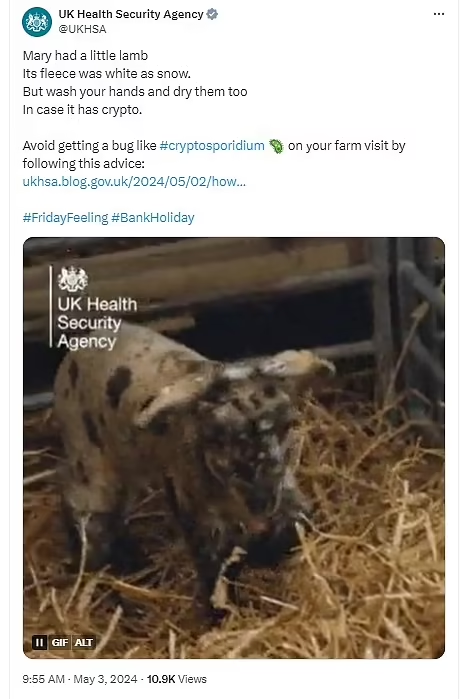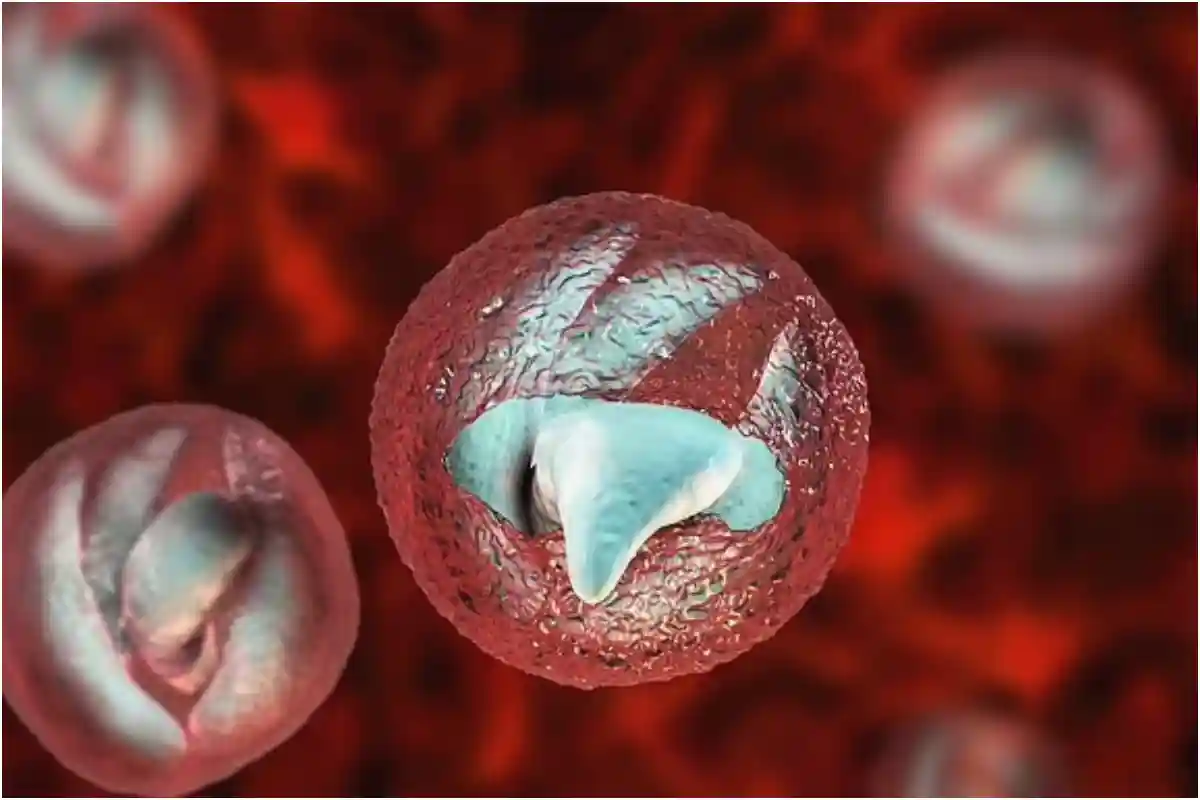A dangerous outbreak of the parasite cryptosporidium has affected at least 28 individuals who visited a petting farm in Wales, with health authorities now sounding the alarm over the highly infectious bug. The cases have been linked to Cowbridge Farm Shop at Marlborough Grange Farm, where visitors engaged in close animal contact, including feeding and cuddling lambs and calves.
Cryptosporidium, often referred to as “crypto,” is a microscopic parasite that targets the digestive system. Its symptoms, such as stomach pain and blood in stools, are sometimes mistaken for irritable bowel syndrome or even bowel cancer. The parasite is mainly spread through contact with infected faeces, making farm environments particularly high-risk, especially during lambing season.
According to the U.S. Centers for Disease Control and Prevention (CDC), an infected individual can release up to 100 million crypto germs in a single bowel movement. Ingesting just 10 of these can cause illness. The elderly, pregnant women, cancer patients, and others with weakened immune systems are especially vulnerable to severe complications.
The parasite is remarkably resilient, protected by a thick outer shell that allows it to survive in treated water, including chlorinated pools. This trait contributed to a previous outbreak in Brixham, Devon, in May last year, when over 100 people fell ill due to contaminated drinking water.
Symptoms can be deceptive, often disappearing and then suddenly recurring, prolonging the illness for up to two weeks or longer. No specific treatment exists, and patients are generally advised to stay hydrated and avoid spreading the infection.
Health officials urge those experiencing symptoms after visiting the farm to consult their GP. People are also advised to maintain rigorous hygiene, including thorough handwashing, washing clothing and linens at high temperatures, and refraining from preparing food for others. Swimming should be avoided for at least two weeks after symptoms end, as crypto can linger in faecal residue and infect communal waters.

Public Health Wales consultant Su Mably stated, “We are working closely with partners to investigate these cases and understand the potential public risk.” Meanwhile, the farm’s petting sessions have been temporarily suspended due to “unforeseen circumstances.”
The UK Health Security Agency has reiterated its advice to farm visitors to ensure proper hygiene, stressing the importance of handwashing after animal contact. In a playful yet serious social media post, they warned: “Mary had a little lamb, its fleece was white as snow. But wash your hands and dry them too, in case it has crypto.”
This recent incident underscores ongoing concerns about farm-based infections and the critical need for public vigilance.
















